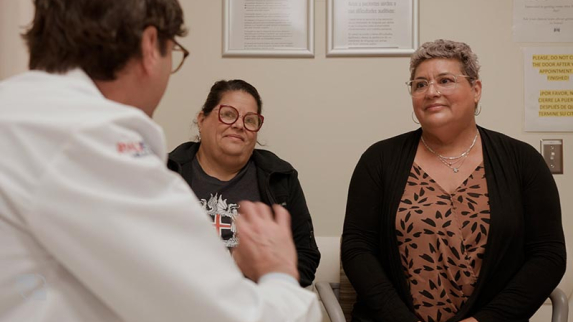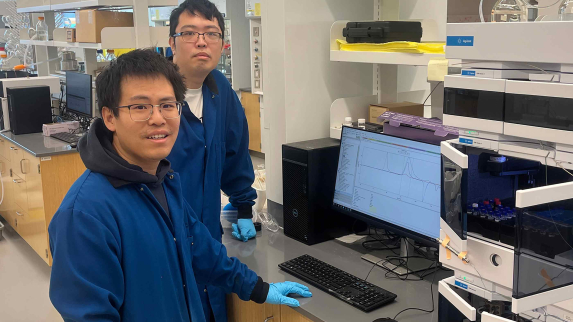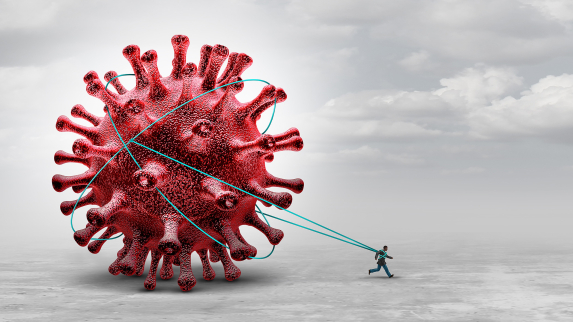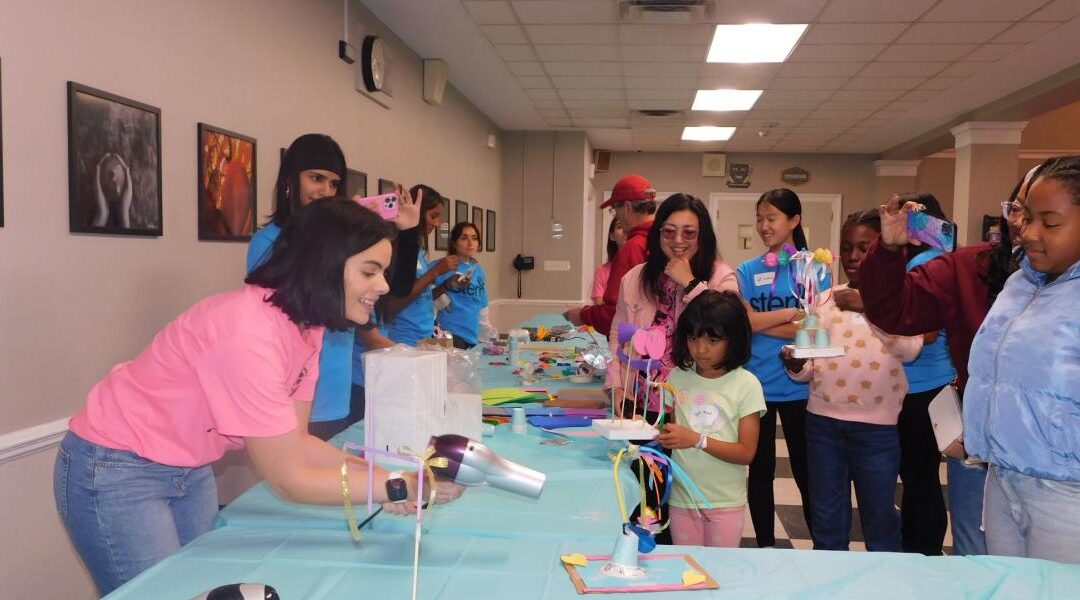NEWS

Clinical trial in N.J. gives patients with incurable cancer a new chance at life.
Cancer came crashing into Maria Pascale’s life like a high-speed car — literally. During a CT scan after a traumatic car accident in February 2018, Pascale was dealt another blow when doctors noticed a mass in her neck, in between the esophagus and thyroid gland. A...

Entrepreneurship Lessons Coming to Introductory Engineering Courses.
Entrepreneurship lessons are being added to introductory engineering courses at New Jersey Institute of Technology in 2026, where students will be motivated to learn front-end product research and digital drafting by designing their own products. The adjustment is the...

Scientists Develop Plastics That Can Break Down, Tackling Pollution.
Yuwei Gu was hiking through Bear Mountain State Park in New York when inspiration struck. Plastic bottles littered the trail and more floated on a nearby lake. The jarring sight in such a pristine environment made the Rutgers chemist stop in his tracks. Nature makes...
NJACTS Community Engagement Core COVID-19 Resources
The situation around the current spread of COVID-19 is changing rapidly. We have compiled resource links for the general community highlighting local resources across New Jersey, ways to get involved, and mental and physical wellness. Visit our COVID-19 page for...
N.J. Gov. Phil Murphy urges microplastics regulations in tap water. Can water providers meet the challenge?
New Jersey Gov. Phil Murphy this week led a petition that was sent to the U.S. Environmental Protection Agency, urging for nationwide monitoring of microplastics in public drinking water. The tiny particles come from a variety of plastic products and can contaminate...

Could Hidden Infections Be Fueling Long COVID?
For millions suffering from long COVID, their persistent breathlessness, brain fog and fatigue remain a maddening mystery, but a group of leading microbiologists think they may have cracked the case. The culprit for some long COVID cases, they suggest, might be other...
Join NJ ACTS BERD on 1/22 for a Workshop with Dr. Yan Sun from NJIT
NJ ACTS Biostatistics and Epidemiology Research Design Workshop Series Uncertainty Quantification for Predictive Models: Conformal Prediction and Calibration presented by Yan Sun, NJIT View Flyer and Register

How NJIT Graduate Student Jaimee Diogo Is Transforming STEM Futures Through ‘STEM Like a Girl’
The kinetic sculptures were supposed to spin gently when the girls turned on their hair dryers. But as soon as the first creation twirled into motion — foil shimmering, ribbons fluttering — the whole room lit up. A crowd of elementary-aged girls leaned in, laughing as...
